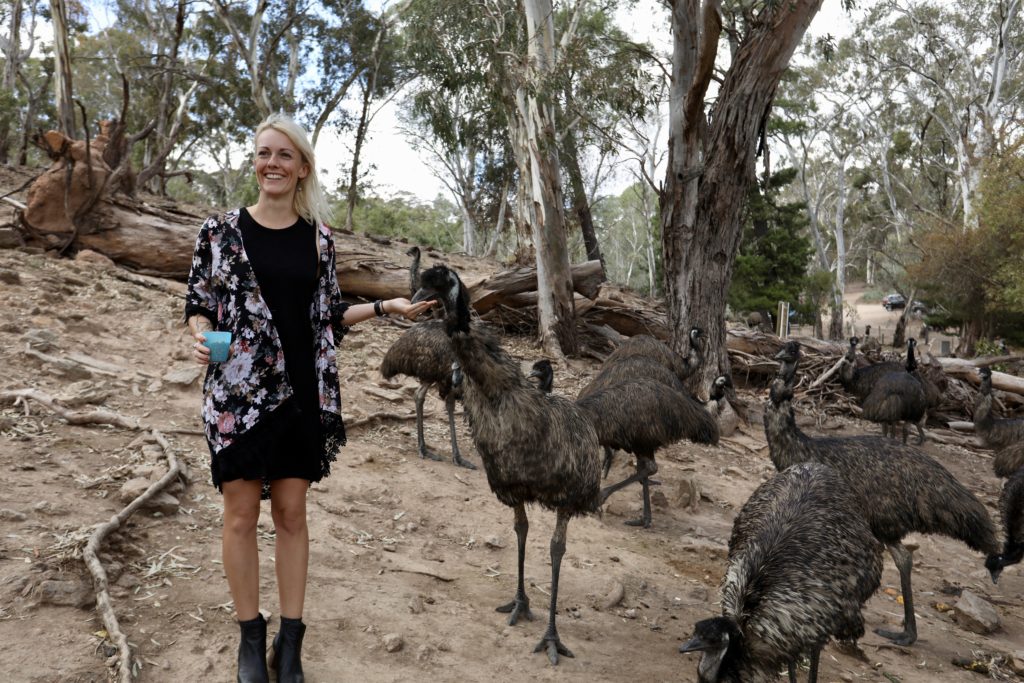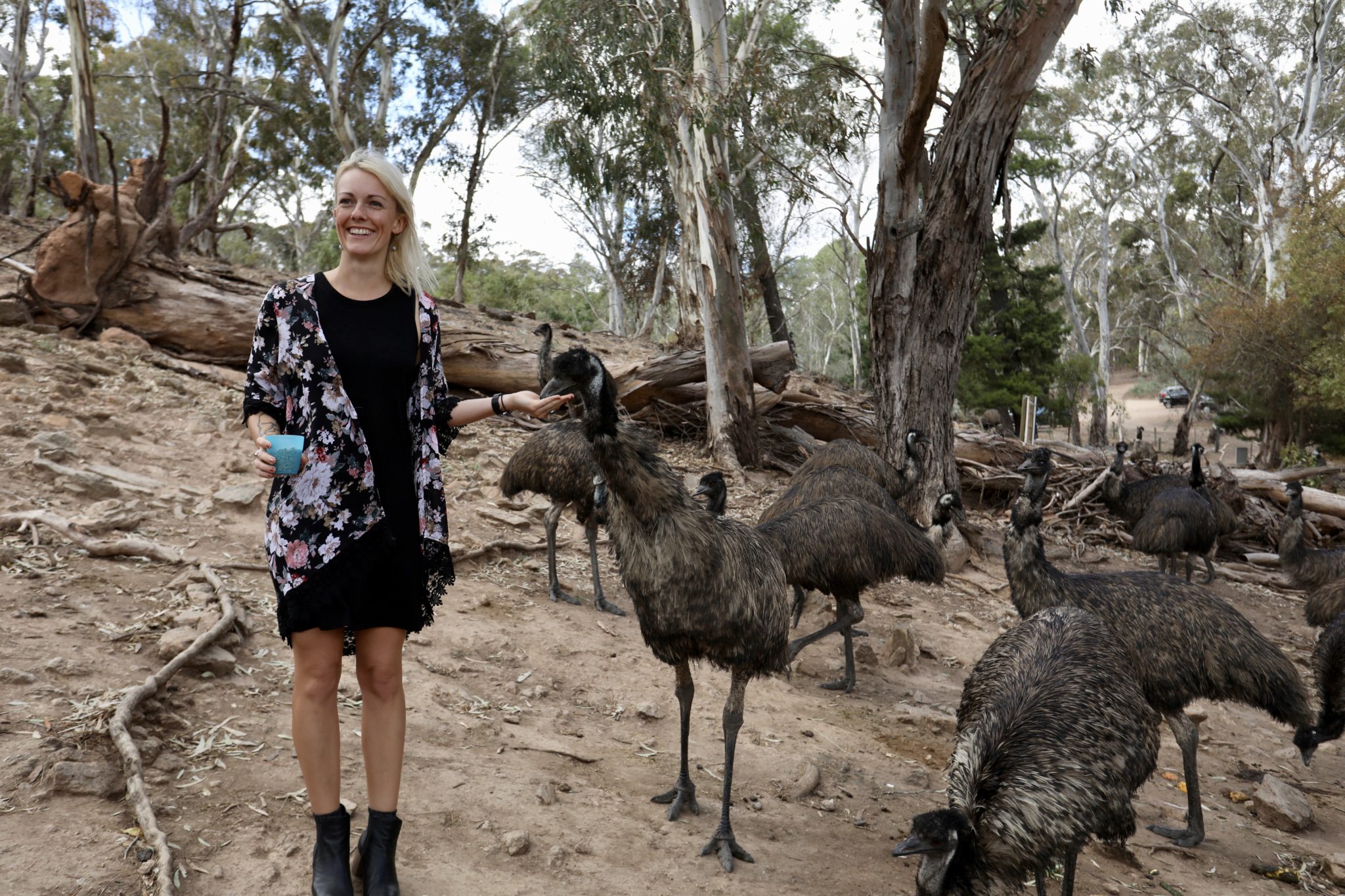Why is this research project important?
Ulcerative colitis is an incurable inflammatory bowel disease that is increasing in prevalence worldwide. Australia has one of the highest rates of ulcerative colitis; with more than 75,000 people living with the condition. Currently, medications are prescribed to manage symptoms; however, they are largely ineffective and invasive surgery is often necessary. Surgeries are usually used to remove sections of the bowel and result in a compromised quality of life for patients. Ulcerative colitis patients are often diagnosed early in life (teens and early 20’s) and which means they are at a much higher risk of developing colorectal cancer during their lifetime.
This research aims to identify Emu Oil alone, and combined with naturally-sourced therapies (plant extracts and herbal medicines), as an additional treatment to conventional colitis and colorectal cancer therapies. Furthermore, this research is crucial as Emu Oil has the potential to limit side-effects of pharmaceutical treatments, improve patient quality of life and prevent the development of tumours in colitis-associate colorectal cancer.
Why did you get involved in the project?
I always knew that I was passionate about traditional and natural therapies for medical conditions. When I decided to undertake an Honours project, my supervisors Prof. Gordon Howarth and Dr. Suzanne Mashtoub, immediately intrigued me with their Emu Oil research group. Following Honours, it was a natural progression then to do a PhD in the same field. I am drawn to this research as it is novel, multi-disciplinary and has strong connections to Traditional Australian Medicines and the agriculture industry. Additionally, as we are the only research group in the world investigating Emu Oil for gastrointestinal therapies, it is exciting to be a part of research that could truly be life changing for future patients.












